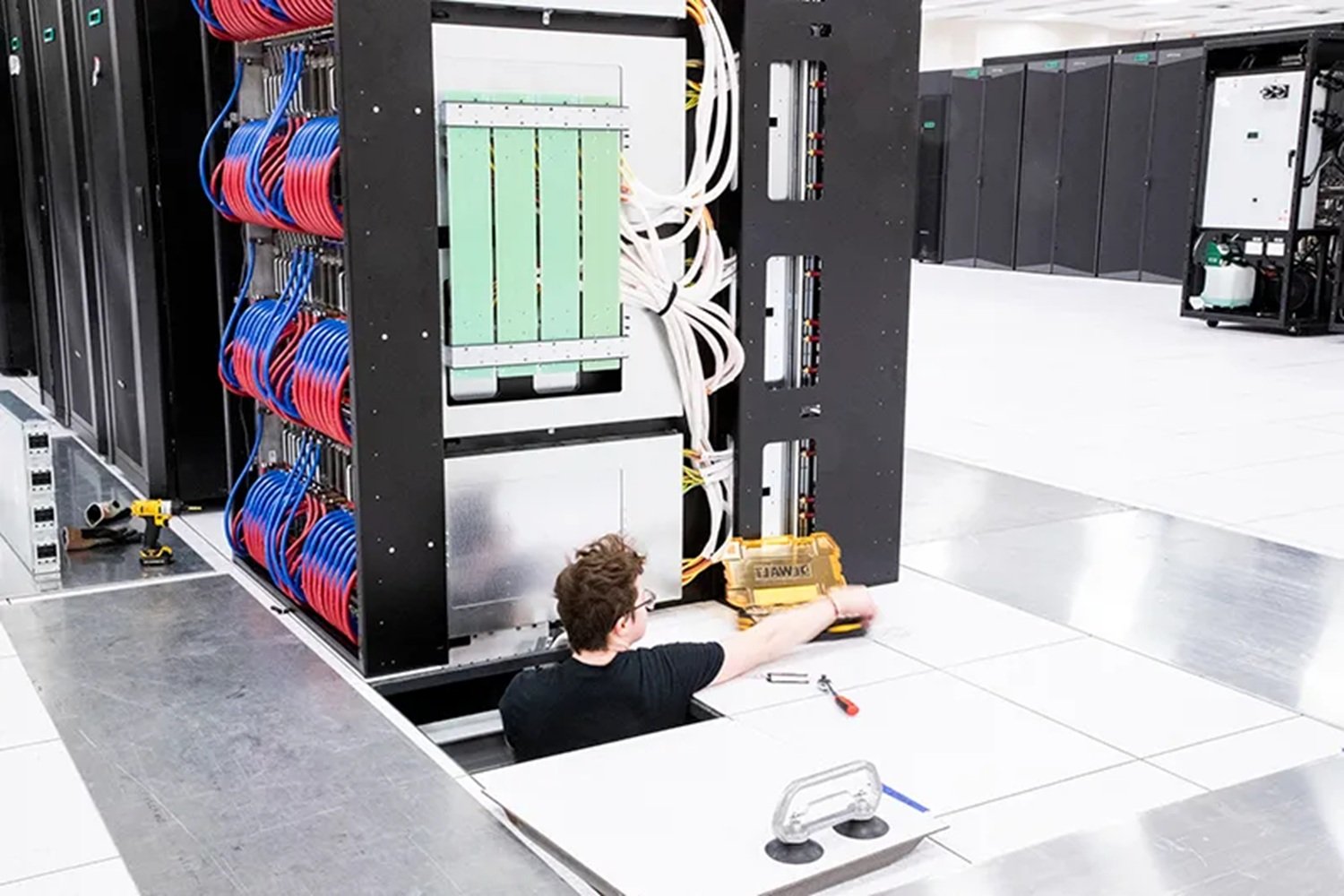The environmental impact of generative AI tools, particularly their significant water consumption, is widely acknowledged. Adding to this concern, Chevron, the second-largest fossil fuel company in the US, is partnering with an investment firm to build natural gas power plants specifically designed to power data centers. This move comes at a time when the industry is reevaluating the necessity of such resource-intensive AI models.
According to a New York Times report, Chevron is already ordering equipment and scouting locations for these power plants, aiming to have them operational within three years. CEO Mike Wirth states the goal is to “meet the moment and address this growing need for reliable and affordable power.”
This venture is also strategically timed to capitalize on the current influx of investment in AI infrastructure. Goldman Sachs research projects a 160% increase in data center power demand by 2030. Companies capable of swiftly providing support stand to gain a larger portion of the estimated $500 billion earmarked for data center expansion. This marks a shift for Chevron, which had been moving away from operating power plants in favor of more profitable oil and gas operations. However, the prospect of powering cash-rich, venture-capital-backed AI companies has seemingly reversed this course.
The timing of Chevron’s announcement is noteworthy. While leading US AI companies advocate for increased power consumption and processing capacity to advance AI, China-based DeepSeek recently unveiled a competitive AI model operating at a fraction of the cost. This raises questions about the necessity of unrestrained fossil fuel consumption to meet the demands of resource-intensive AI development.
Interestingly, Chevron’s pivot towards powering AI is partly influenced by Engine No. 1, an activist investment firm purportedly focused on social good. Engine No. 1 previously pressured Exxon Mobil to adopt a more sustainable business model, prioritizing clean energy. However, the allure of immediate profit seems to have overshadowed these social good principles in the face of the AI gold rush. The long-term environmental consequences, unfortunately, remain a collective burden to be addressed later.











